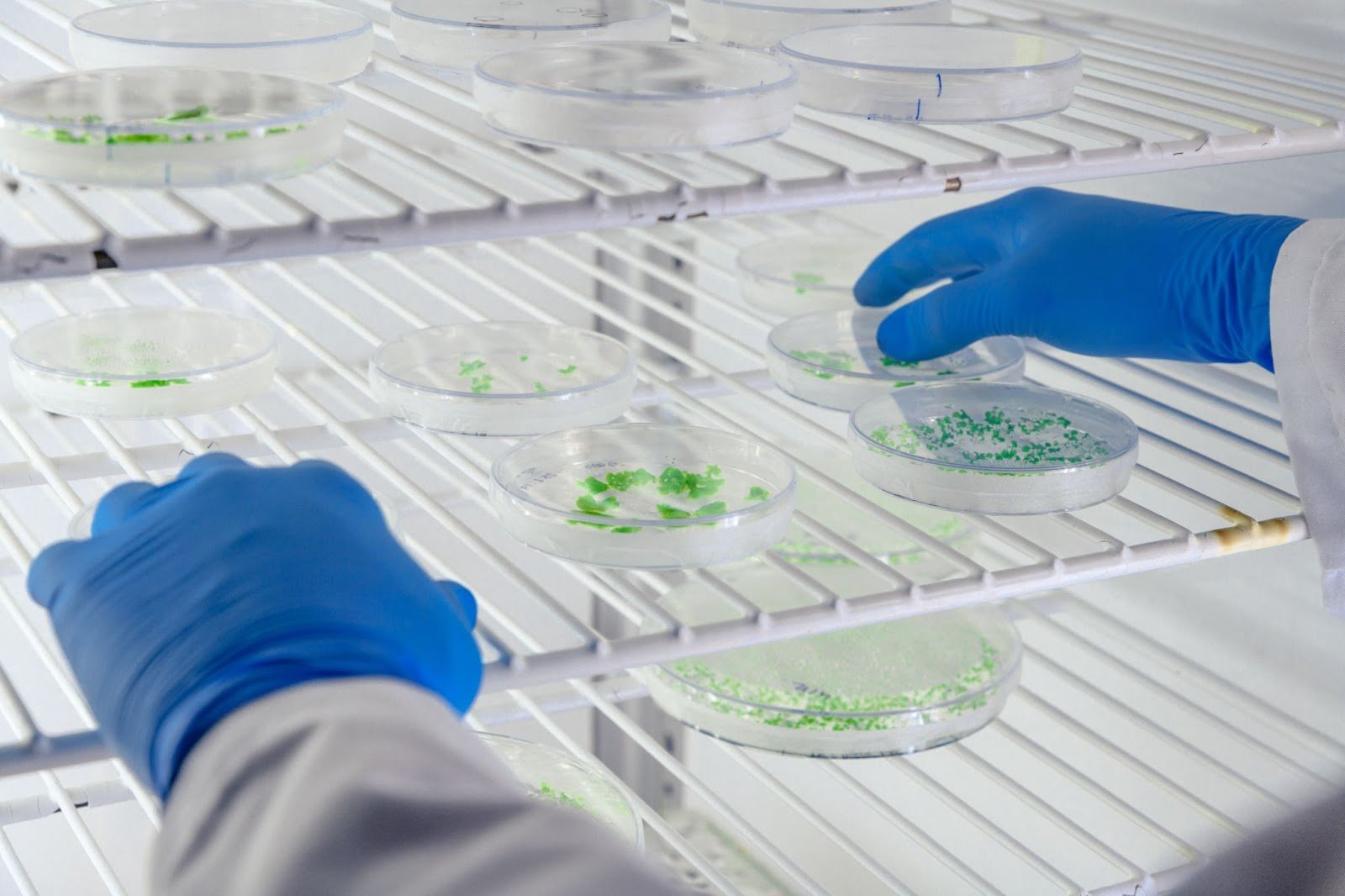Recombinant Protein
No Comments on The Process of Phage Display Antibody Library Selection Recombinant Protein
The Process of Phage Display Antibody Library Selection
Phage display technology has revolutionized antibody discovery and engineering by allowing the presentation of large peptide or protein libraries on the surface of bacteriophages. This capability is particularly valuable in generating Phage Display Antibody Library, where millions to billions of unique antibody[...]
Read MoreNo Comments on The Role of CD32 Protein in Antibody-Dependent Cellular Cytotoxicity Recombinant Protein
The Role of CD32 Protein in Antibody-Dependent Cellular Cytotoxicity
The immune system is a sophisticated network of cells, proteins, and organs that work together to defend the body against harmful pathogens. One critical mechanism the immune system employs to eliminate infected or malignant cells is Antibody-Dependent Cellular Cytotoxicity (ADCC). Central to[...]
Read MoreNo Comments on What Is Protein Purification? Definition, Methods, & More Recombinant Protein
What Is Protein Purification? Definition, Methods, & More
Proteins are essential molecules that play significant roles in virtually all biological processes. They function as enzymes, hormones, antibodies, and structural components of cells. To study these proteins or use them in various applications, they must be isolated from complex biological mixtures,[...]
Read MoreNo Comments on Unlocking thе Potеntial: Rеcombinant Protеin Tеchnology in Rеsеarch Rеvolution Recombinant Protein
Unlocking thе Potеntial: Rеcombinant Protеin Tеchnology in Rеsеarch Rеvolution
In thе dynamic landscapе of biotеchnology, onе rеvolutionary forcе has еmеrgеd as a gamе-changеr in lifе sciеncеs – Rеcombinant Protеin Tеchnology. At thе forеfront of this transformativе wavе is GеNеxt Gеnomics, a DSIR-rеcognizеd rеsеarch-basеd company that has bеcomе synonymous with innovation and[...]
Read MoreNo Comments on Explore the Diverse Uses of Recombinant Proteins? Recombinant Protein
Explore the Diverse Uses of Recombinant Proteins?
The use of recombinant proteins has emerged at a greater level in the present scenario as they provide several health benefits and are being used extensively in the field of research and development. The Recombinant Protein Service has emerged a lot in[…]
Read MoreNo Comments on Beyond Traditional Treatments: How Recombinant Human Proteins Are Revolutionizing Healthcare Monoclonal Antibodies, Recombinant Protein
Beyond Traditional Treatments: How Recombinant Human Proteins Are Revolutionizing Healthcare
The landscape of healthcare has undergone a significant transformation with the advent of recombinant DNA technology. Among its many achievements, the production of Recombinant Human Proteins stands out as a groundbreaking innovation. These proteins, synthesized through genetic engineering, have opened new horizons[...]
Read MoreNo Comments on Taming the Immune Response: Strategies for Optimizing Antibody Libraries Recombinant Protein
Taming the Immune Response: Strategies for Optimizing Antibody Libraries
The immune system is an intricate network that protects the body against pathogens. Its key component is antibodies, which target and neutralise foreign invaders in the body. The antibodies include a collection of different antibody sequences which are fundamental in the development[...]
Read MoreNo Comments on The Easiest-to-Understand: Overview of Protein Expression Recombinant Protein
The Easiest-to-Understand: Overview of Protein Expression
In protein research, the term may apply to either the object of study or the laboratory technique required to manufacture protein. The latter interpretation of protein expression is the one that this article concentrates on. However, in practical terms, recombinant protein production[…]
Read MoreNo Comments on Use of Recombinant Protein in Veterinary Medicine Recombinant Protein
Use of Recombinant Protein in Veterinary Medicine
The industry experts have it brewing that recombinant proteins have an elegant potential for the use of veterinary vaccines and can stand as a major class in the field of veterinary medicine. Recombinant Monoclonal Antibodies are also used for prophylactic biologics for[…]
Read MoreNo Comments on What Is Recombinant Protein Expression? Recombinant Protein
What Is Recombinant Protein Expression?
Recombinant proteins are coded by the manipulated gene of interest, with the recombinant protein generation specific to the protein expression. The recombinant gene combines the new genes with different gene segments of other species. Recombinant protein can be produced in large amounts[…]
Read More














